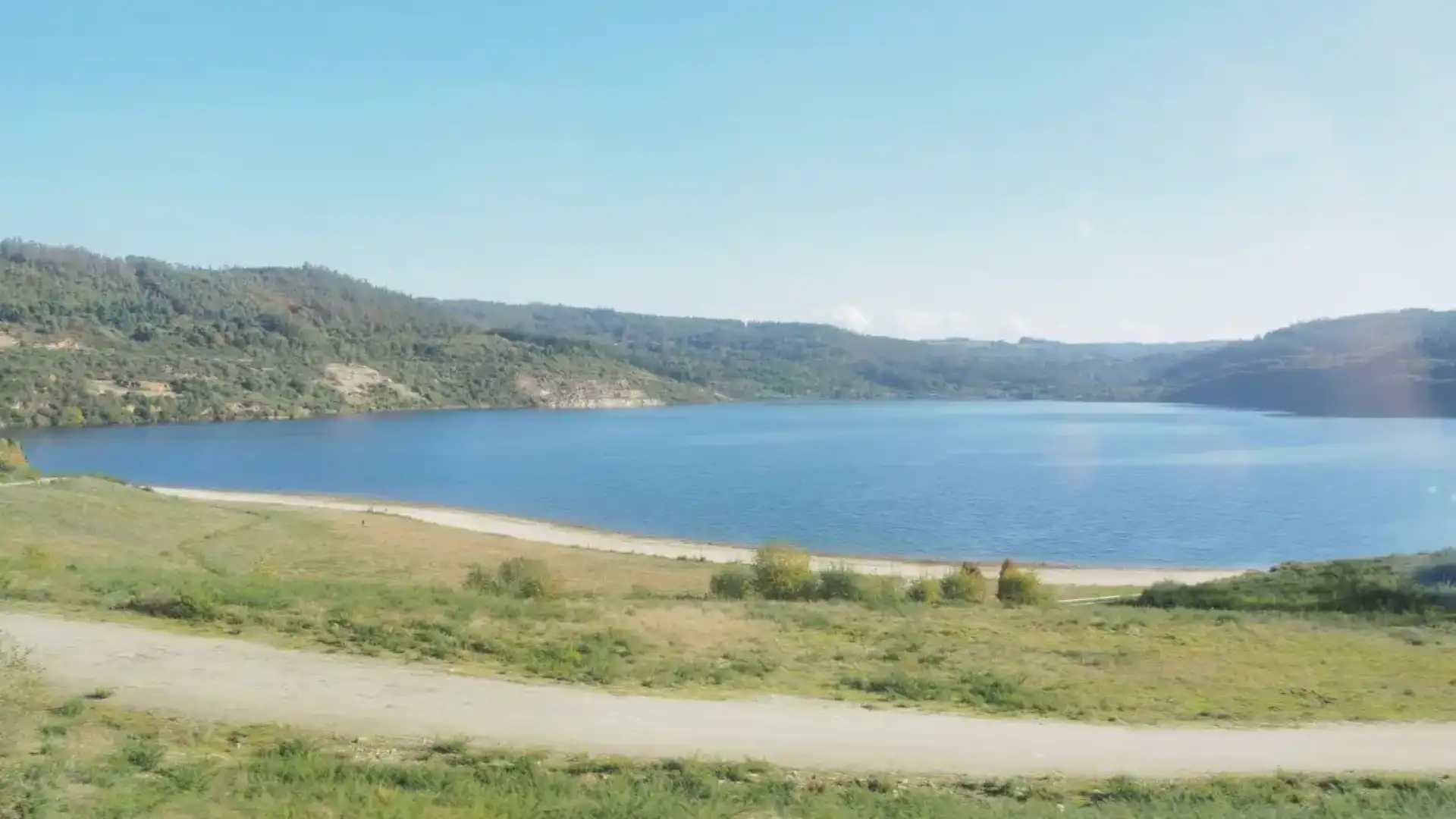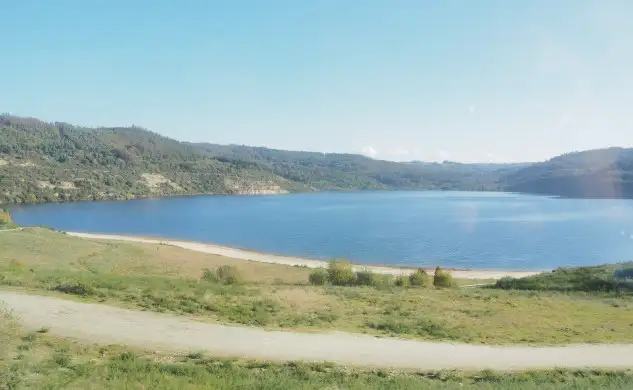
WATER VA! Excellent work on Ibernática by journalist Ricardo Arques
WATER VA! Excellent work on Ibernática by journalist Ricardo Arques

Incoherent and unrelated legislation waste the potential of reservoirs and rivers in Spain... Ibernaútica explores how to take advantage of these resources in Galicia (Photo Zulema Prado)
The Spanish Northwest, Galicia, lives blessed by water. But in 'the land of the thousand rivers', as it is called, the sweet waters of reservoirs and rivers do not enjoy the same fate as the sea salads. It is true that interior and coast are not the same thing, but it is equally true to see that in nearby places like France, for example, it is passed through formulas where ecology and economic development live together in harmony.
This is the first paradoxical evidence that flowed in the congress organized by Ibernática, held on 15 and 16 November in Cerceda, a rural council of La Coruña with interests in the lake of Meirama. Spain has not acceded to the European Protocol on the regulation of inland waters, so if in France a river or a swamp are navigable for the benefit of progress, it is likely that in Spain, a partner in the Union with common policies, they are not in the name of ecology.
The opinions of the rapporteurs of Cerceda invited, implicitly or explicitly, to the debate in this field as the main starting point: is it possible to exploit the inland waters without annihilating nature? Is the ecological balance the assets of the exploitation resists to the resources it provides?
Without any concrete answers or conclusions, on the meeting, however, he planned a good news that he dominated as an emblem in the matter to debate: the hell of the open mine of Meirama is now a new freshwater lagoon, an unequivocal sign that he will plan: before, during and after the actions in the natural environment, he points towards the right path.
The Cerceda Congress showed greater scope than those determined: 'The recovery of natural, mineroindustrial spaces, their sustainable uses'. Because after the technical words, cold of the statement, they brought forth burning daily realities. The interior of Galicia - a mirror in most of Spain - is aged, depopulated. A large part of the thesis, those of speakers of sailing, rowing, pyragüism, nautical skiing, gastronomy, hotel and tourism, agreed to extend the spectrum of fresh water beyond agriculture, industry and human use as an antidote to the retreat within the region.
The thesis was supported by timid economic projections and palpable examples such as the joint exploitation of lagoons and thermal waters in Orense, the result now of training camps for the world rowing elite.
In Cerceda they faced two positions: the vision of taking full advantage of all the resources of water and its environment: coasts, rivers, reservoirs, roads and sources, and of limiting them with prohibitions.'Consciousness' and 'responsibility' were words of common key to understanding, but the voyage of legislation for now causes the abyss. The hydrographic confederations received the darts of the highest level. "Queens of Taifas," they came to define them.
Ricardo Arqués, Journalist
© 2024 Nautica Digital Europe - www.nauticadigital.eu











